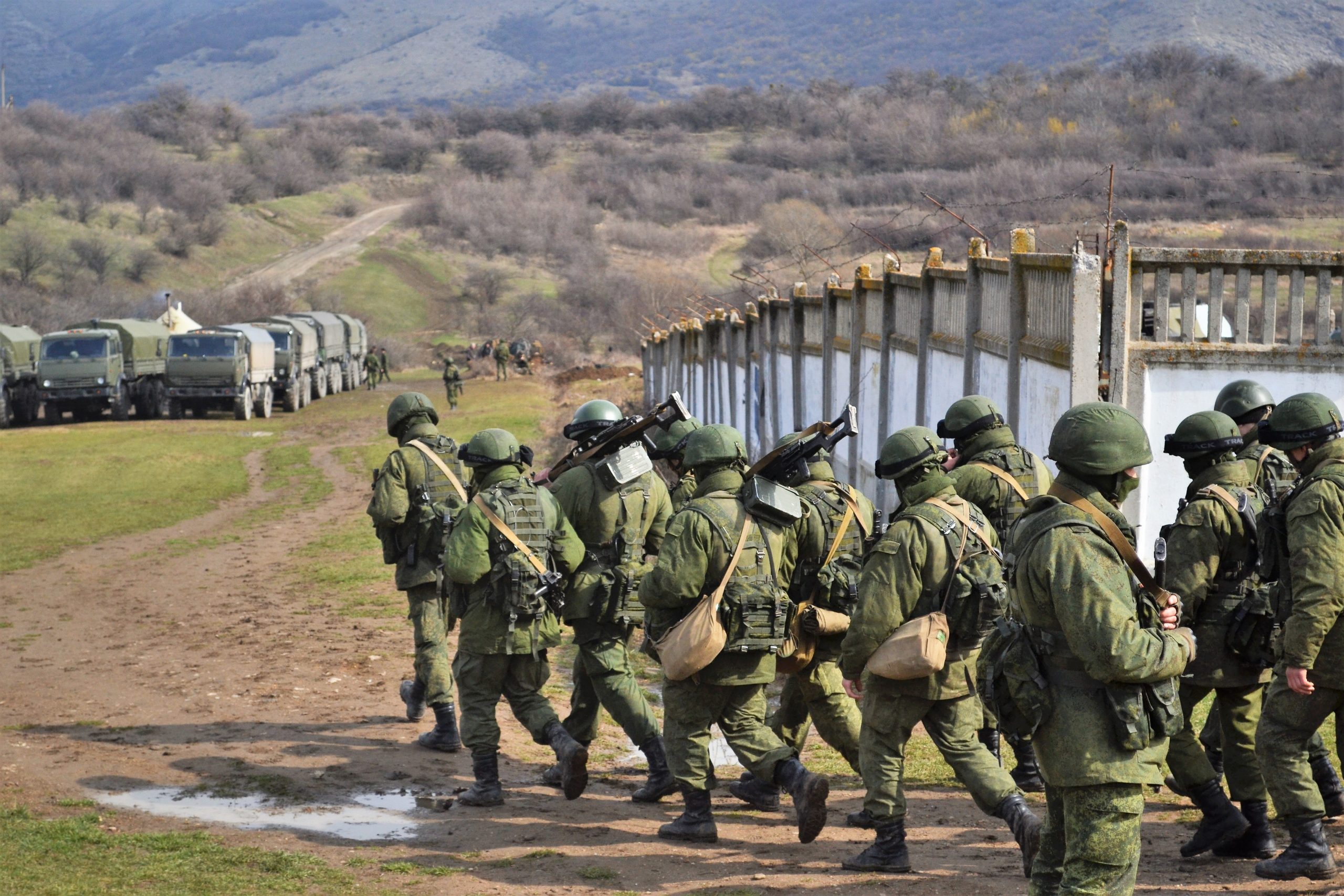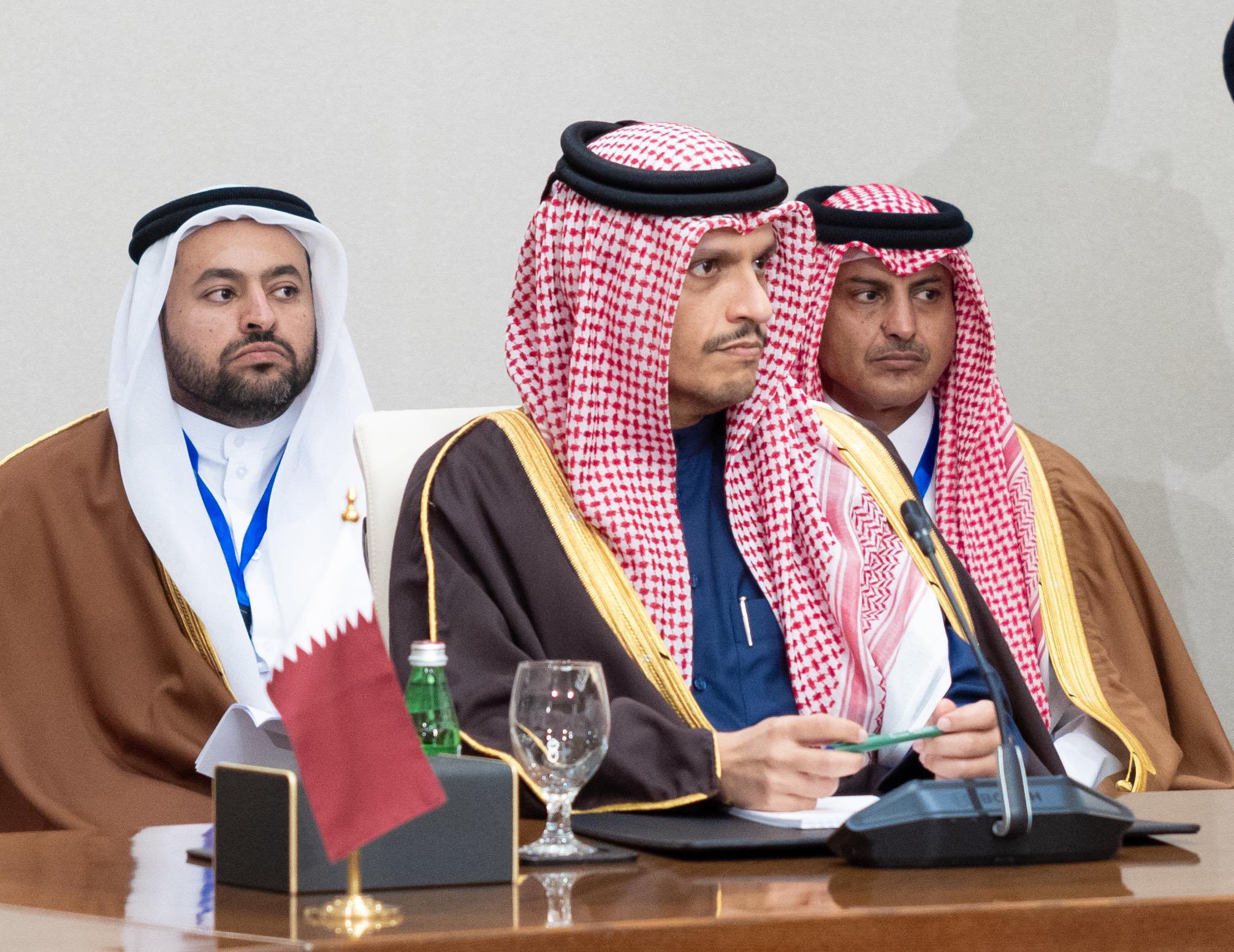Putin’s invocation of a narrative of mythical ‘ancient lands’ may become part of the playbook of any renewed era of great power competition and rivalry.
All six Gulf monarchies voted in favour of a United Nations General Assembly resolution on March 2 that demanded that Russia halt its invasion of Ukraine and withdraw all its troops from the country.
Although legally non-binding, the regionwide rejection of the Russian aggression against a neighbouring state contrasted with earlier signals that leaders in the Gulf would avoid taking positions on a European war. This was especially true of the United Arab Emirates, which attracted criticism after abstaining in a U.N. Security Council resolution – drafted by the U.S. – that condemned the Russian action, and of Saudi Arabia, which has worked closely with Russia as part of OPEC+ and has maintained their oil output agreement.
For smaller states, including those within the Gulf, the raw display of military might by a larger and powerful country to try and impose its will on a smaller neighbour (relatively speaking, given that Ukraine is about the size of France) draws attention to the imbalance of power within the region itself and the risks this carries for a sustainable balance in regional affairs.
This is a particular characteristic of the international relations and regional security architecture in the Gulf, in which five small states – Bahrain, Kuwait, Oman, Qatar, and the UAE – have had to coexist alongside three much larger and more conventionally powerful states, namely Iran, Iraq, and Saudi Arabia, each of which have, at times, had expansionist designs on their smaller neighbours.
How does this pose for Gulf states?
The Russian invasion of Ukraine will have reawakened painful memories in Kuwait of the Iraqi invasion of August 2, 1990, which, like the Ukraine crisis, was preceded by a military build-up of force along the border, a rising crescendo of threats and unrealistic demands by Saddam Hussein.
Those memories of the brutal seven-month occupation that destroyed much of the physical infrastructure of Kuwait and sent more than 300,000 Kuwaitis into temporary exile likely explain why Kuwait issued the most forceful statement in the days immediately after Russian forces moved into Ukraine.
More recent memories are also fresh in Qatar of the uncertainty of the opening days of the blockade launched in June 2017 by Saudi Arabia, Bahrain, the UAE, and Egypt when rumours swirled of possible military action against Doha.
Military escalation in 2017 ultimately did not occur, although the Emir of Kuwait, the late Sheikh Sabah al-Ahmad Al Sabah, hinted that it had been a possibility as he told President Trump in September 2017 that “suddenly this dispute came into existence. Thank God, now, what is important is that we have stopped any military action.”
Nevertheless, the Saudi- and Emirati-led quartet issued a list of thirteen conditions for Qatar to meet for the blockade to end that were so invasive in their scope and scale that they would have violated Qatari sovereignty for more than a decade had they been accepted.
It seemed to observers that the demands were designed to be rejected, and thus to provide a casus belli, just as Austria-Hungary’s similarly sweeping demands of Serbia were the catalyst for World War I in 1914.
The ‘rules-based order’
For small states worldwide, and especially those in volatile regions and/or bordered by larger neighbours, the way the Russian invasion of Ukraine will play out holds consequences for the precedent it may set should large states be seen to be able to set aside the rules-based order at times of their choosing.
It was precisely this international rules-based order that both Kuwait in 1990 and Qatar in and after 2017 appealed to in their hour of need and, in both instances, played a role in defusing the crises instigated by their larger neighbours, through a multinational military coalition to liberate Kuwait in the first instance and the lack of any international support for the isolation of Doha in the latter.
The rules-based order is not infallible and is as open to abuse by Western powers as it is by authoritarian states such as Russia and China, as seen in the run-up to the US/UK invasion of Iraq in 2003. However, it also operates as a safeguard against the perception by strongmen rulers that power is inviolate and unaccountable as evidenced in Putin’s angry February 21 speech justifying the ‘demilitarisation’ of Ukraine, or indeed by Donald Trump at moments in his final weeks in the White House in January 2021.
For all the ways in which the smaller Gulf States have developed different forms of power over the past two decades – soft, smart, and subtle power in addition to conventional, hard power – the past weeks have demonstrated that military might still matters in calculations of whether a state can get away with any course of action.
The ‘ancient lands’ narrative
Putin’s attempt to deny Ukraine’s legitimate right to exist as a separate sovereign state and his invocation of a narrative of mythical ‘ancient lands’ is not only reminiscent of previous aggressors in European history – from Adolf Hitler in the 1930s to Slobodan Milosevic in the 1990s – but also another issue that small states will watch closely for any sign of a precedent in revisiting historical boundaries that could, if not stopped, become part of the playbook of any renewed era of great power competition and rivalry.
This could become especially pertinent in areas of the world marked by intensely trans-national communities whose political borders were only comparatively recently settled, as in the Arabian Peninsula.
Attempts were made in 2017 and 2018 by Saudis and Emiratis to mobilise some of these cross-border dynamics in the dispute with Qatar, and while these failed, they provide a further reason for leaders in small states to carefully watch how the Russian invasion evolves, both on the ground and in the information space, and the degree to which counternarratives can support or undermine Ukrainian resilience and resistance.
Kristian Coates Ulrichsen is Fellow for the Middle East at Rice University’s Baker Institute for Public Policy.







